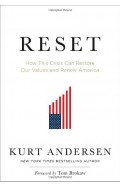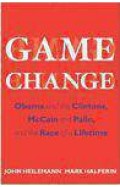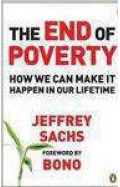- Home
- Online Book Bazar Up To 60%
- Home, Land, Security: Deradicalization and the Journey Back from Extremism
Home, Land, Security: Deradicalization and the Journey Back from Extremism
By: Carla Power
-
Rs 5,495.00
Due to constant currency fluctuation, prices are subject to change with or without notice.
A groundbreaking look inside the controversial field of deradicalization, told through the stories of former militants and the people working to bring them back into society, from National Book Award and Pulitzer Prize finalist Carla Power
<\/b>
What are the roots of radicalism? Journalist Carla Power came to this question well before the January 6, 2021, attack in Washington, D.C., turned our country\x27s attention to the problem of domestic radicalization. Her entry point was a different wave of radical panic\-\-the way populists and pundits encouraged us to see the young people who joined ISIS or other terrorist organizations as simple monsters. Power wanted to chip away at the stereotypes by focusing not on what these young people had done but why: What drew them into militancy? What visions of the world\-\-of home, of land, of security for themselves and the people they loved\-\-shifted their thinking toward radical beliefs? And what visions of the world might bring them back to society?
A groundbreaking look inside the controversial field of deradicalization, told through the stories of former militants and the people working to bring them back into society, from National Book Award and Pulitzer Prize finalist Carla Power
<\/b>
What are the roots of radicalism? Journalist Carla Power came to this question well before the January 6, 2021, attack in Washington, D.C., turned our country\x27s attention to the problem of domestic radicalization. Her entry point was a different wave of radical panic\-\-the way populists and pundits encouraged us to see the young people who joined ISIS or other terrorist organizations as simple monsters. Power wanted to chip away at the stereotypes by focusing not on what these young people had done but why: What drew them into militancy? What visions of the world\-\-of home, of land, of security for themselves and the people they loved\-\-shifted their thinking toward radical beliefs? And what visions of the world might bring them back to society?
If the Oceans Were Ink: An Unlikely Friendship and a Journey to the Heart of the Quran
By: Carla Power
Rs 6,295.00 Ex Tax :Rs 6,295.00
Home, Land, Security: Deradicalization and the Journey Back from Extremism
By: Carla Power
Rs 5,495.00 Ex Tax :Rs 5,495.00
Zubin Mehta: A Musical Journey (An Authorized Biography)
By: VOID - Bakhtiar K. Dadabhoy
Rs 840.00 Rs 1,050.00 Ex Tax :Rs 840.00
Myths Illusions and Peace: Finding a New Direction for America in the Middle East
By: Dennis Ross
Rs 1,095.00 Ex Tax :Rs 1,095.00
The Origins of Political Order From Prehuman Times to the French RevolutioN
By: Francis Fukuyama
Rs 4,495.00 Ex Tax :Rs 4,495.00
Reset: How This Crisis Can Restore Our Values and Renew America
By: Kurt Andersen
Rs 500.00 Ex Tax :Rs 500.00
How To Win A Cosmic War God Globalization And The End Of War
By: Reza Aslan
Rs 695.00 Ex Tax :Rs 695.00
Game Change Obama And The Clintons McCain And Palin And The Race Of A Lifetime
By: John Heilemann
Rs 795.00 Ex Tax :Rs 795.00
Made to Stick: Why Some Ideas Take Hold and Others Come Unstuck
By: Chip Heath & Dan Heath
Rs 2,995.00 Ex Tax :Rs 2,995.00
No similar books from this author available at the moment.
No recently viewed books available at the moment.
Zubin Mehta: A Musical Journey (An Authorized Biography)
By: VOID - Bakhtiar K. Dadabhoy
Rs 840.00 Rs 1,050.00 Ex Tax :Rs 840.00
If the Oceans Were Ink: An Unlikely Friendship and a Journey to the Heart of the Quran
By: Carla Power
Rs 6,295.00 Ex Tax :Rs 6,295.00
Home, Land, Security: Deradicalization and the Journey Back from Extremism
By: Carla Power
Rs 5,495.00 Ex Tax :Rs 5,495.00












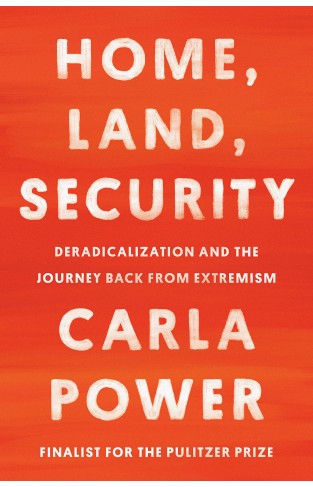

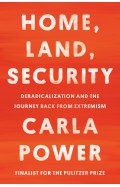
-120x187.jpg?q6)






-120x187.jpg?q6)
